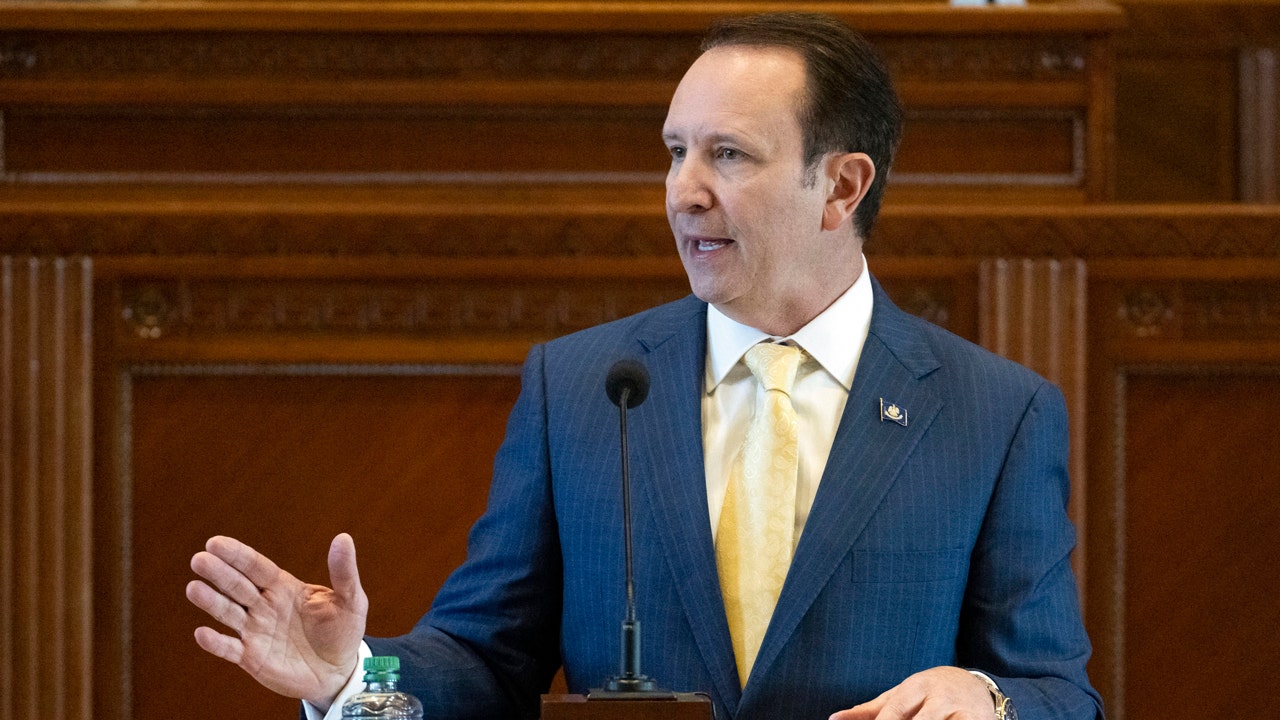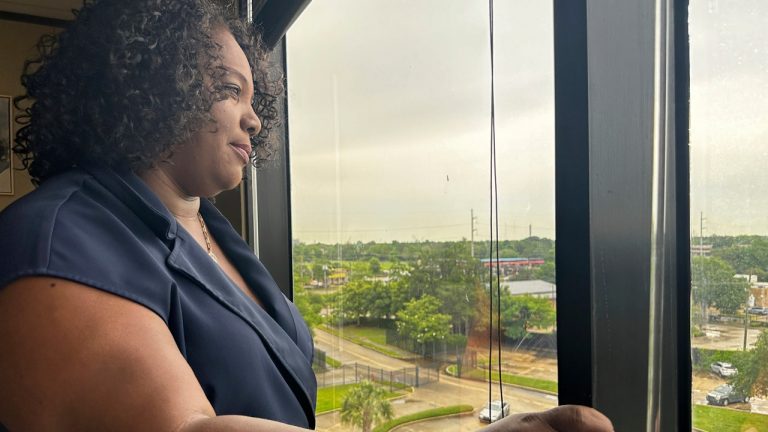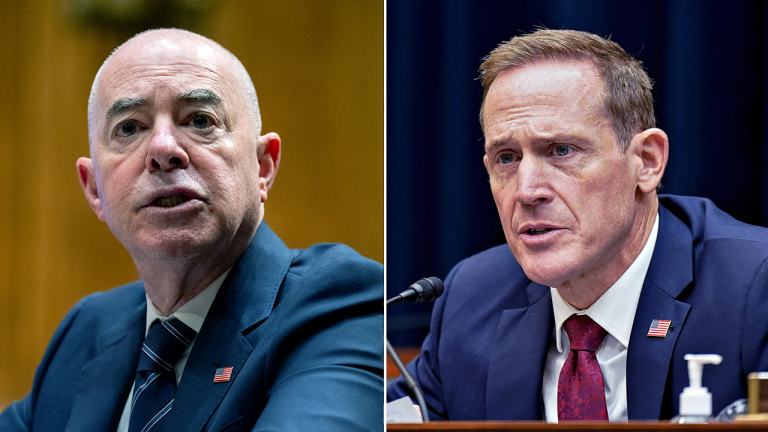New Louisiana law makes it illegal to get too close to police when told to stay away.
Recently, Louisiana Gov. Jeff Landry signed a controversial piece of legislation into law, making it a crime to knowingly approach within 25 feet of a police officer while they are engaged in law enforcement duties after the officer has issued an order to stay back. This new law has stirred up both proponents and opponents, each arguing their stance on the potential impacts.
Proponents of the law argue that it creates a buffer-zone to help ensure the safety of officers. They believe that bystanders would still have the ability to film police interactions even within the prescribed distance. However, opponents of the law express concerns that it could impede on the public’s ability to film officers, which has been a crucial tool in holding law enforcement accountable, especially in cases of misconduct.
Under the provisions of the law, anyone convicted of knowingly or intentionally approaching an officer who is lawfully engaged in their official duties after being ordered to stop faces penalties that include a fine of up to $500, up to 60 days in jail, or both. While the law does not explicitly mention filming, critics argue that it could indirectly limit people’s ability to observe police actions up close, potentially infringing on their First Amendment rights.
Cellphone videos captured by bystanders have played a significant role in exposing police misconduct, such as the tragic killing of George Floyd in 2020. These videos have sparked national conversations about police transparency and accountability.
Similar legislative attempts to regulate bystander recordings of police activities have been seen in other states. In 2022, Arizona lawmakers passed a law prohibiting individuals from filming police officers within 8 feet if instructed to stop, which was later overturned by a federal judge on the grounds of being unconstitutional.
The author of the Louisiana measure, state Rep. Bryan Fontenot, defended the legislation as a means to provide officers with peace of mind and a safe distance to carry out their duties effectively. He emphasized the importance of ensuring officer safety by establishing a boundary that enables them to work without fear of physical threats from individuals in their proximity.
It’s worth noting that a similar bill was previously vetoed by former Gov. John Bel Edwards, who expressed concerns about the bill’s potential to suppress the exercise of First Amendment rights. However, with a new conservative governor and a strong GOP majority in the Louisiana Legislature, the bill successfully made its way into law.
While the law sets clear boundaries for approaching officers during their duties, it includes provisions that allow individuals to defend themselves against charges by asserting that they did not receive or understand the officer’s command. Despite the intentions behind the law, its implications on public oversight and accountability remain subjects of debate and scrutiny.








